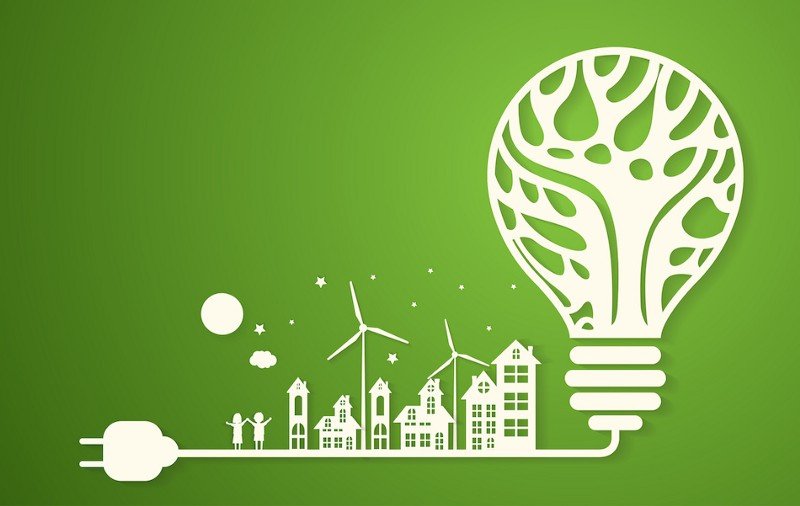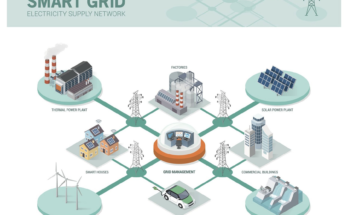
Efficient use of energy is the aim of reducing the amount of energy used to produce goods and services, often also called energy efficiency. For instance, isolating a house enables a structure to use less heating and cooling energy for a comfortable temperature. Installing LEDs, fluorescent light or natural skylights eliminates the energy needed to produce the same light level as with conventional incandescent bulbs. Energy performance improvements are generalized through the use of new technologies or manufacturing processes or through the use of generally recognized energy loss reduction methods.
There are several explanations for improving energy efficiency. The reduction of energy usage decreases energy costs and can lead to financial benefits for customers if energy savings cover increased energy-efficient equipment costs. Reducing energy consumption is often known as the solution to the greenhouse gas emission reduction issue. Increased energy efficiency in houses, manufacturing and transport processes, the International Energy Agency said, could reduce global energy needs by one third by 2050 and help to mitigate global greenhouse gas emissions. The elimination of state subsidies for electricity that enable high energy consumption and unsustainable power usage in over half the countries worldwide is another significant solution.
Energy efficiency and renewable energy are said to be the twin pillars of sustainable energy policy and are high priorities in the sustainable energy hierarchy. In many countries energy efficiency is also seen to have a national security benefit because it can be used to reduce the level of energy imports from foreign countries and may slow down the rate of energy at which domestic energy resources are depleted.



what about renewvable energy sources? Do have post about it?
We are currently working on it. Thanks for for your interest.